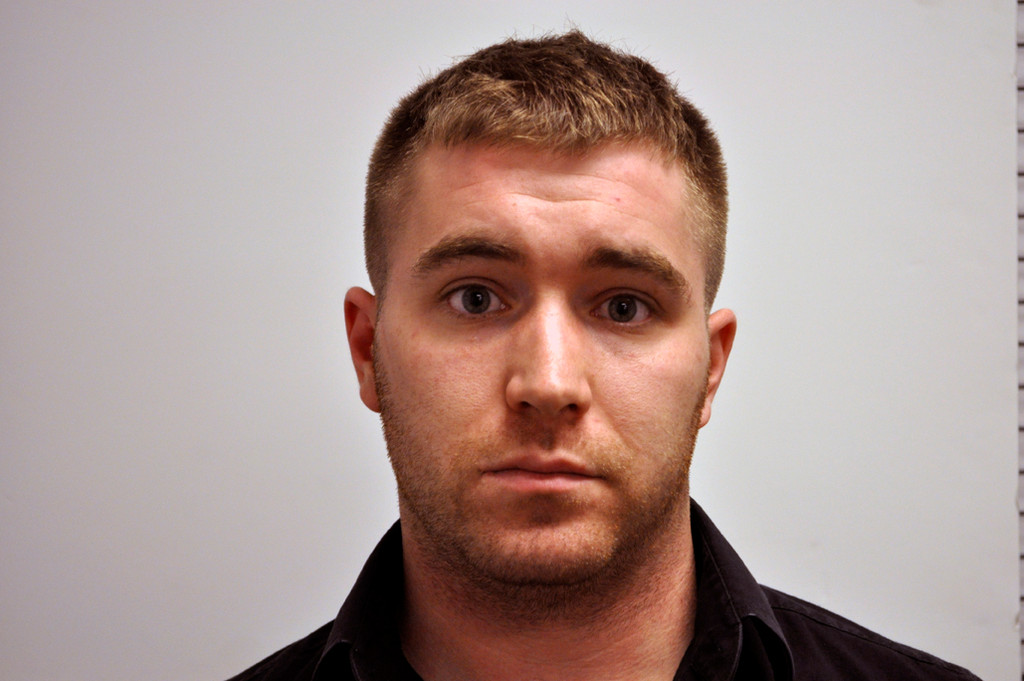Locals convicted of DWI arrested again
Convicted drunken drivers arrested during DA sweep
Two local men were among 25 Nassau County residents who were arrested during a two-week-long ignition interlock violation sweep led by Nassau County District Attorney Kathleen Rice and the county Department of Probation.
During the sweep, East Meadow resident Ivan Arias, 28, was charged with operating a motor vehicle without a court-ordered interlock, and he and 25-year-old Alexander Guy, of Westbury, were charged with aggravated unlicensed operation of a vehicle.
According to Rice, the police and probation officers closely watched 141 people who had been convicted of driving while intoxicated leave probation meetings to determine whether they were driving without an interlock device.
“Ignition interlocks protect our roadways by requiring that convicted drunk drivers prove that they’re sober when they get behind the wheel,” Rice said. A driver with an interlock device must blow into a mouthpiece that measures blood-alcohol content. If a driver fails the breathing test, the horn honks, lights flash and the vehicle will not start. The police, the driver’s probation officer and the D.A.’s office are also notified.
Among the 141 people under surveillance, Rice said, 76 were dropped off and picked up by others, 33 used public transportation and seven walked or biked. The remaining 25 drove illegally, and were arrested between Aug. 13 and 23.
Rice explained that the two-week crackdown was conducted to point out the “loopholes” in Leandra’s Law, which was signed into law in November 2009 and mandates that New Yorkers with felony or misdemeanor DWI convictions use an interlock device for six months to five years. She added that it is essential to follow up with DWI offenders who tell judges that they will not be driving, and therefore do not have an interlock device installed. Since the official enforcement date on Aug. 15, 2010, 195 Nassau County residents have committed ignition interlock violations, said Chris Munzing, deputy communications director for the Nassau County D.A.
“If you’re convicted while driving while intoxication, you have to have interlock,” said Robert Brunetti, a DWI attorney in Nassau County for more than 20 years. However, not everyone will quality for a conditional license, he said, which allows people to drive to work and school while their license is suspended. Specifically, a conditional license will be denied if there is an assault or reckless endangerment charge associated with the DWI, he said.
While some DWI offenders will not quality for the conditional license, a judge can still order an interlock device for any vehicle registered in the person’s name, added Brunetti.
Once a convicted drunken driver is required to have an interlock device, it is the district attorney or, when applicable, a probation officer who must ensure that the device is installed, said Brunetti. If the offender claims not to own a vehicle, the probation officer must validate that claim with the State Department of Motor Vehicles, added Munzing.
Probation Department Director John Fowle, who took part in the sweep, said that among the 6,000 adults who are on probation in Nassau County, nearly 50 percent have DWI convictions.
“There are approximately 2,800 DWI offenders currently under supervision of the Nassau County Probation Department … and nearly 900 of these individuals have ignition interlock devices installed in their vehicles,” County Executive Edward Mangano said in a statement. “These statistics speak volumes about the severity of this life threatening issue. We will continue to work collaboratively with the District Attorney to deter drunk driving and to enforce compliance with those who have been convicted of this reckless act.”
Interlock devices are intended to reduce re-arrest rates for DWI and, according to the Centers for Disease Control and Prevention, decreases these incidents by 67 percent.
A similar sweep was conducted in Nassau County last year, during which 22 people were arrested.
If a convicted drunken driver who is supposed to have an ignition interlock device is found guilty of driving without one, a judge can impose a sentence of to up to a year in jail and re-sentence the offender on the original DWI conviction.









